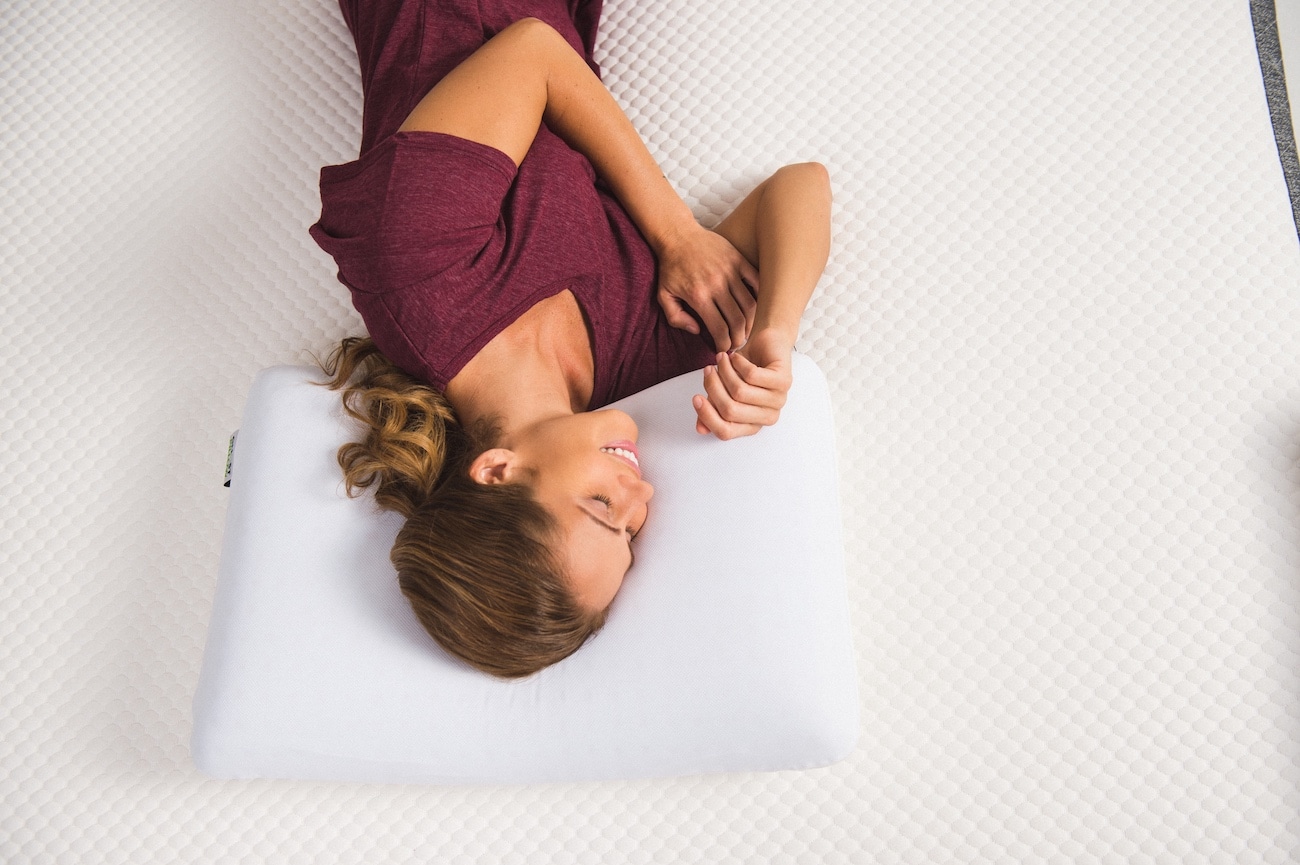If you’ve been diagnosed with sleep apnea, you know the condition can be dangerous if left untreated. Sleep apnea occurs when normal, rhythmic breathing is disrupted during sleep, often multiple times during a single session.
There are two types — central and obstructive — each with its own problems:
Central sleep apnea results from respiratory control center instability. It occurs when the brain signal that stimulates breathing becomes impaired and fails to send said signal to the necessary muscle groups.
Obstructive sleep apnea is caused by airway blockages, most commonly when the soft tissue in the back of the throat collapses.
Regardless of the type, a sleeper’s decreased oxygen intake and carbon dioxide output cause a shortage of the former and buildup of the latter, negatively impacting brain and organ functioning. That’s pretty grim on its own, but other physical and environmental aspects can make sleep apnea even worse.
Sleep Apnea Risk Factors
It’s important to understand the factors that impact a person’s likelihood to develop sleep apnea. Men, particularly those older than 40, are more frequently diagnosed, as are those with respiratory conditions like allergies, deviated septa, or other sinus-related inflammatory responses. Overweight patients with family histories of sleep apnea, neck sizes larger than 17 inches for men or 16 inches for women, and certain inner mouth conditions are also more likely to be diagnosed.
Factors That Worsen Sleep Apnea
- Alcohol consumption: Though many feel alcohol relaxes them, its compounds interrupt brainwaves and sleep patterns. This prevents sleepers from getting solid, uninterrupted rest.
- Diet: Certain foods are known to make sleep apnea worse, like bananas, high-fat meat and dairy products, and refined carbohydrates, among others. On the other hand, some of the best foods to combat sleep apnea are chickpeas, fish, kale, jasmine rice, tart cherry juice, whole grains, and yogurt.
- Dust and allergens: As with asthma, sleep apnea is negatively impacted by dust, pollen, and other inhaled debris. To combat them, improve and clean your air filters, dust and vacuum regularly, and sleep in well-ventilated spaces with your windows closed.
- Sedentary lifestyle: Cardiovascular and respiratory health are improved by regular exercise. Exercise completed during the second half of the day decreases stress and tension, releases endorphins, and lowers anxiety, arousal, and depression levels, all of which lead to better rest.
- Smoking and related products: Smoking dries the throat and lungs, exacerbating breathing conditions like asthma. Poor overall respiration creates a difficult rest environment, making sleep apnea symptoms more noticeable and severe.
- Weight gain: If you notice sleep apnea after a significant weight gain, the additional body mass may be to blame. The good news is that lifestyle changes to lower your body mass and improve your diet go a long way toward alleviating sleep apnea and its disruptive symptoms.
- Vitamin deficiency: Researchers in Dublin, Ireland, have found a possible link between vitamin D deficiency and greater obstructive sleep apnea prevalence, making a balanced diet and quality daily multivitamins increasingly important.
Sleep Apnea-Related Concerns?
If you or a loved one has sleep apnea and would like more information about the causes, symptoms, or factors that adversely affect the condition, contact the Florida Sinus & Snoring Specialists to schedule an appointment.


